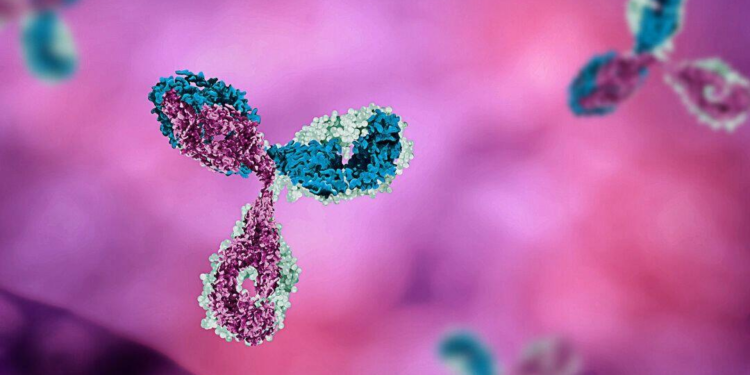People who have received three doses of the original COVID-19 mRNA vaccine are strongly immune imprinted, according to a study conducted by the University of Washington (UW). This means that their immune systems have developed a strong memory of the original virus, resulting in the production of antibodies that specifically target the initial infection. However, when these individuals receive the most recent COVID-19 XBB.1.5 mRNA boosters, they produce few to no antibodies that target the XBB.1.5 variant.
Immune imprinting occurs when previous infections or vaccinations create a strong immune memory, causing the body to continue producing immune cells and antibodies that target the previous immune experience. While immune imprinting is a recognized phenomenon that can occur with other infections and viruses, the study conducted by UW revealed some surprising findings.
The study found that immune imprinting persisted even among individuals infected with new omicron variants. This is in contrast to what is known about influenza viruses, where new infections can overcome immune imprinting from previous variants. The researchers concluded that this unique persistence of immune imprinting after exposure to new variants needs to be considered when planning future vaccinations.
The study involved more than 20 individuals who had received three or more doses of the original mRNA vaccine. Most of them had been infected with both pre- and post-omicron COVID-19 infections. In addition to the original mRNA vaccines, most participants also received either the bivalent booster or the XBB.1.5 booster. By the time of the study, all participants had received four to seven shots.
The researchers discovered that the antibodies produced after XBB.1.5 mRNA inoculation were most effective at neutralizing the original Wuhan COVID-19 variant. These antibodies also demonstrated some neutralizing potency against the BA.2.86 omicron variant and the XBB.1.5 variant in individuals who received the XBB.1.5 vaccine. However, there were few to no antibodies specific to the XBB.1.5 variant.
While some participants did produce new immune cells that recognized only XBB.1.5, this was observed in only five out of the 12 individuals evaluated. The majority of the antibodies recalled by the updated vaccine boosters were cross-reactive, meaning they could bind to other variants, including the XBB.1.5 variants.
The researchers proposed two possible reasons for these findings. One hypothesis suggests that individuals in Seattle, where most of the samples came from, have been exposed to the virus multiple times through vaccination and infection, resulting in the development of antibodies and immune memory cells that are more effective against the original virus.
Another reason could be that the mRNA vaccine creates a stronger immune imprinting effect compared to traditional vaccines. The study cited another research that found inactivated COVID-19 vaccines induced a weaker immune response and a reduced imprinting effect in humans.
Overall, the study highlights the phenomenon of immune imprinting among individuals who have received multiple doses of the COVID-19 mRNA vaccine. While these findings suggest that the current vaccines are effective in producing cross-reactive antibodies that can block new variants, there is still potential for improvement. Further research is needed to fully understand and optimize immune imprinting to ensure effective protection against emerging variants of the virus.







